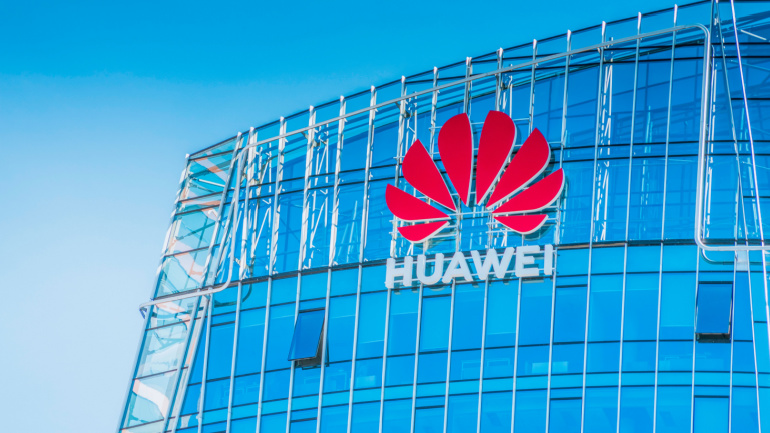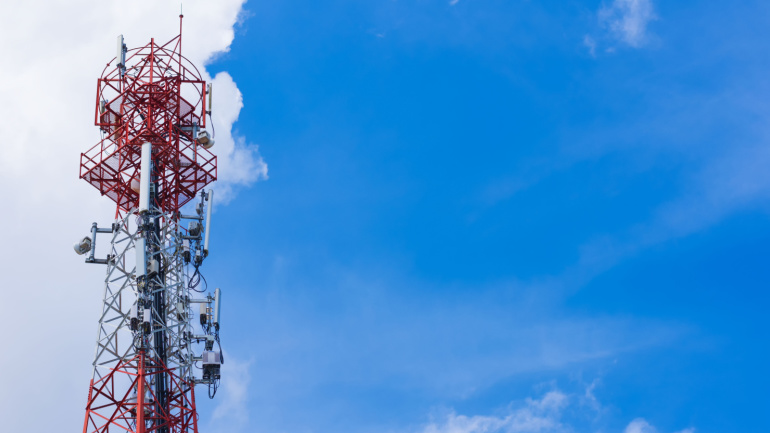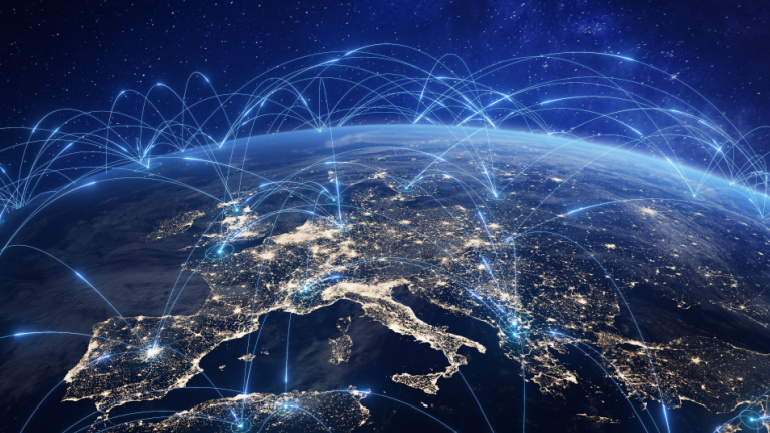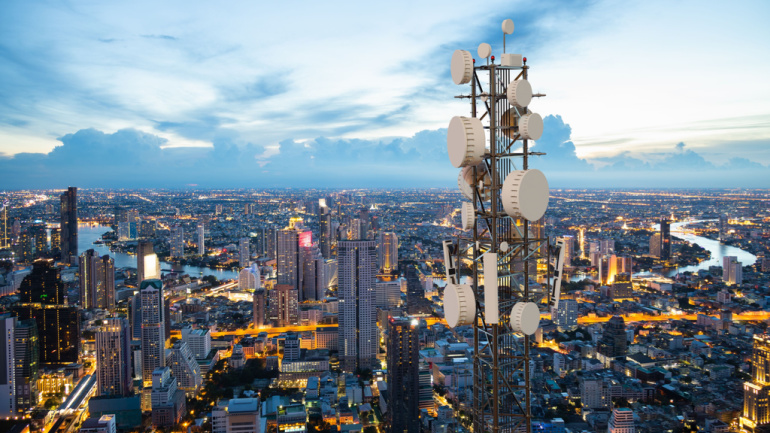Despite Europe’s stride towards a digitally advanced future, the current uptake of 5G stands at only 2.5%. This stands in stark contrast to how tech giants like North America, China, Japan, and South Korea are faring. While European market figures on Fibre-to-the-Home (FTTH) appears promising, various challenges, including recent antidumping measures, have stymied progress and exacerbated the digital divide.
Huawei’s new Paris Innovation Centre reflects its pledge to advance the tech landscape in Europe through collaboration. This £2 million-per-year initiative aims to cement positive relations between corporations and small-medium enterprises (SMEs). SMEs, the bedrock of Europe’s economy, often grapple with the complexities of digital transformation, an issue the Innovation Centre seeks to address.
Cellnex, the infrastructure titan, is considering the sale of tower assets in Austria and Ireland in a push to offload financial burdens and deepen roots in the European market. This shift in focus, triggered by last year’s UK Hutch deal completion, aims for organic growth, investment-grade rating, and debt management via strategic divestments. CEO Patuano hints future cash generation post 2027 and potential interest in bidding for Deutsche Telekom’s GD Towers business, crafting a more efficient operational blueprint.
The GSMA annual report depicts a thriving European mobile industry, contributing over €910 billion to the economy in 2022 with projections to hit the €1 trillion mark by 2030. Despite impressive mobile coverage across Europe, certain challenges persist. The report suggests mobile operators need to make sustained investments in networks to meet global competition, and regulatory reform is crucial. Yet, some caution that this could lead to higher prices and no increase in investment, exemplified by the US situation.
The EU’s first annual State of the Digital Decade report highlights an urgent call to action for increased investment to meet its 2030 technology targets. The report underlines the significance of collective efforts by member states to successfully navigate the prevalent digital transformation. The document illuminates areas such as 5G deployment, which has been slower than expected, and inadequate fiber network coverage, among others. Simultaneously, it draws attention to other essential aspects, like digital sovereignty and the digitalization of businesses, suggesting an additional investment of at least €200 billion may be necessary. Issues such as these could hamper the bloc’s ambition to double its share in the semiconductor sector by 2030.
The premier Japan-EU Digital Partnership Council has unveiled a refreshingly ambitious approach towards bolstering global connectivity. Highlighting fundamental areas of mutual support, an intriguing plan of Arctic submarine network expansion piques interest. Meanwhile, an equally significant strategy promotes semiconductor industry growth, echoing an urgent call for autonomy in the global supply chain. These pacesetting initiatives promise not only to redefine EU-Japan ties, but also to spark essential digital security dialogues for the evolving tech landscape.
While Europe’s increasing $227 billion investment in IoT assures advancements, it particularly underlines the businesses’ focus on operational cost reduction and process optimization. However, economic strains and geopolitical disturbances, like the war in Ukraine and Covid-19, impede this spending surge, especially in Central and Eastern Europe. IDC, nevertheless, forecasts an upturn by 2027, with IoT remaining a viable tool in organization performance enhancement amidst challenges. For telecom providers, these shifting sands offer both opportunities and considerable challenges.
EXA Infrastructure acquires Univerzalne Telekomunikacije, expanding its network routes and enhancing European connectivity, with focus on the underinvested Balkan region. Unitel’s reliable fiber network and strategic location complement EXA’s Trans Adriatic Express route, showcasing growth plans in pan-European and transatlantic connectivity.
With unparalleled speed, convenience and security, A2P SMS service empowers organizations to reach customers using personalized, targeted messages that drive results and foster brand loyalty. DIDWW, a global provider of premium quality VoIP communications and SIP trunking services to operators and businesses all over the world, has further expanded the coverage of its A2P SMS service with alphanumeric sender IDs by adding 21 European countries. These new additions will enable DIDWW to offer its customers further opportunities to send SMS messages with a guaranteed sender ID that matches their brand name, increasing brand recognition and customer engagement. The service is now available in the following countries: Austria, Denmark, Estonia, Finland, France, Germany, Greece, Iceland, Ireland, Italy, Latvia, Lithuania, Luxembourg, the Netherlands, Portugal, Slovakia, Slovenia, Spain, Sweden, Switzerland and the United Kingdom. The DIDWW architecture can handle large volumes of messages, provide real-time monitoring and ensure high delivery rates.…
According to the GSMA’s most recent report on the state of the mobile sector in Europe, challenging market circumstances will have a detrimental influence on 5G adoption, with Digital Decade targets endangered by slower 5G deployment compared to rival global markets. The GSMA noted that 34 European markets had 5G service available as of the end of June 2022, with 108 providers providing commercial services and a user adoption of about 6%. Norway has the highest rate of 5G adoption at 16%, although there is also growth in Switzerland (14%), Finland (13%), the UK (11%) and Germany (10%). According to the Association, average 5G penetration will reach 44% by 2025, with the United Kingdom and Germany predicted to lead with 61% and 59% respectively. Nevertheless, GSMA researchers observed that even these nations were likely to lag behind global counterparts such as South Korea, which is expected to have…













